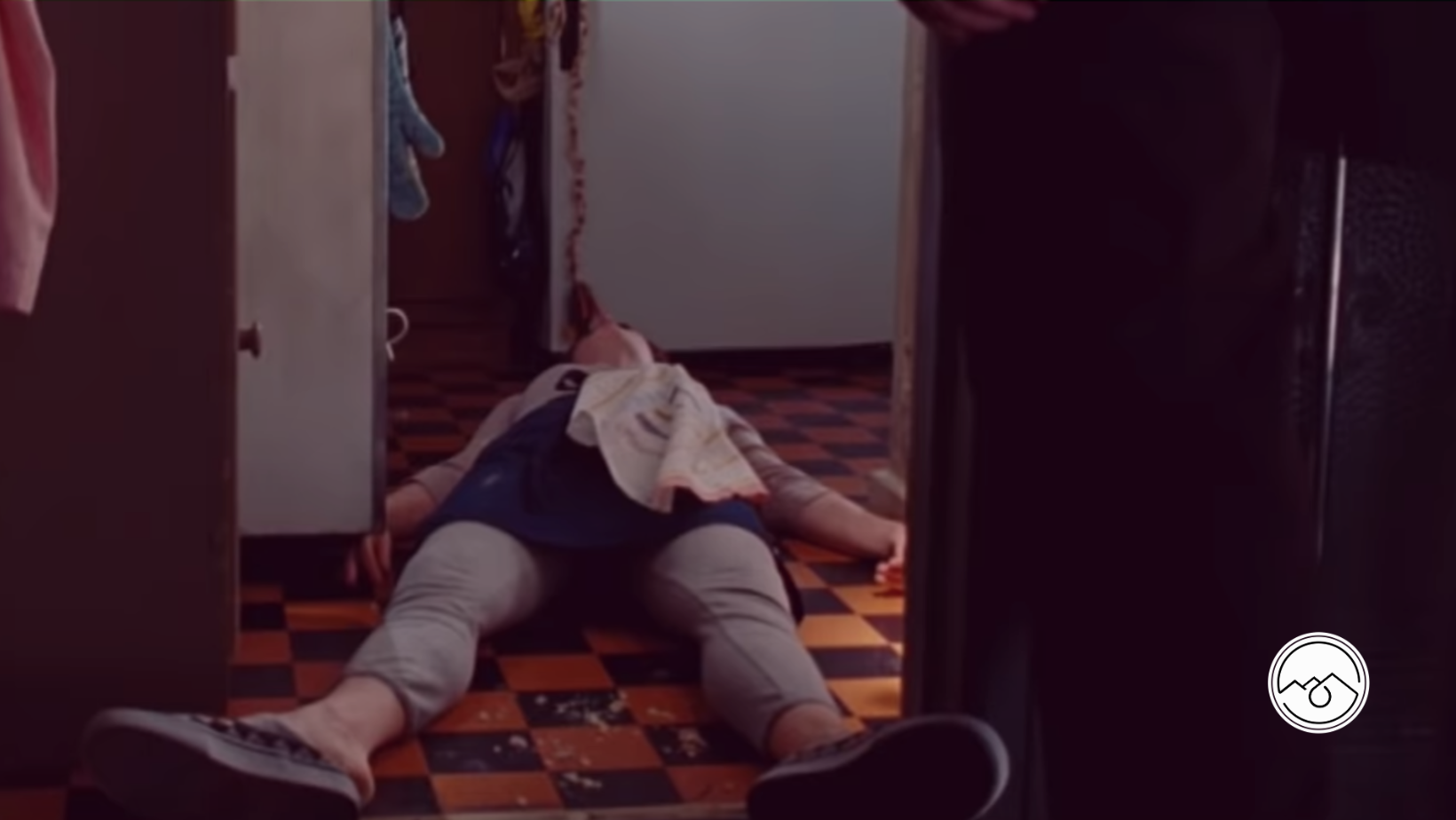Blog Post #28
Overcoming Powerlessness
Understanding Powerlessness
When we talk about feeling powerless, we’re talking about stagnation. If we simply discuss it without action, nothing will change. So, let’s make something new happen today!
When you’re feeling powerless, how do you know? Are you being sarcastic, passive-aggressive, or shutting down? Do you start thinking of ways to control or manipulate the situation, perhaps out of frustration?
You’re not alone—we all do this at some point. It can look like sticking out your foot to trip someone or hiding a piece of paper just to make them feel as frustrated as you do.
Powerlessness is often rooted in childhood memories. Ask yourself: who made you feel powerless? What’s that one memory where powerlessness first became embedded in your mind?
For me I remember a moment in fifth grade when we had the "sex talk" in school. I asked an innocent question—"Do you have to go to the hospital to get pregnant?" The teacher burst out laughing, and from that moment on, I stopped asking questions. Powerlessness felt like silence, like my voice didn’t matter. This one moment led to years of suppressing my voice.
The Roots of Powerlessness
Powerlessness often begins in childhood. Maybe you felt that way when you couldn’t get your needs met. I know I did as a baby when my parents couldn’t care for me properly. Being unable to have your needs met—whether it’s love, validation, or basic care—instills a sense of powerlessness.
As we grow, we learn that powerlessness comes from within. If we’re relying on others to fill our emotional voids, we're inadvertently giving away our power. This doesn’t make us weak, but it keeps us stuck.
How to Overcome Powerlessness
To overcome feelings of powerlessness, we must take action. We must start by asking better questions:
- What do I need right now?
- What can I do to meet those needs?
- What’s missing from my life?
Ask yourself: Do you need silence to work effectively? A hug? Support? Are you taking responsibility for meeting these needs, or are you relying on others to do it for you?
The Role of Courage
Courage is the antidote to powerlessness. Courage to think about your needs. Courage to ask for what you need. Courage to take personal responsibility for your life.
It’s also about recognizing that it’s okay to ask for help, but it’s not someone else’s responsibility to fill those needs for you. That’s where the real empowerment lies—taking responsibility for your emotional growth and starting to meet your own needs.
Don’t Apologize for Your Needs
We often apologize when we ask for what we need, as if we’re taking up too much space. Stop apologizing. You don’t need to justify your needs. You deserve to be heard, seen, and supported. You deserve to ask for what you need without guilt.
Journal about what you think is holding you back. What is it? Write down the answers. When you do, you'll realize that you have the power to change.
Moving Beyond Conditioning
Much of our sense of powerlessness stems from childhood conditioning. If you grew up in an environment where your needs weren’t met, it can be tough to recognize that you have the power to change.
But the key is asking better questions:
- Why do I feel like I can’t ask for what I need?
- Why do I think I don’t deserve to be seen or heard?
- What is holding me back from accomplishing the things I desire?
Once you start asking the right questions, you’ll begin to see the answers.
The Role of Environment
It’s important to surround yourself with people who respect your needs and are capable of meeting them. Don’t waste time with people who dismiss you or make you feel less than. Seek people who are emotionally available—people who can listen and engage without judgment.
Personal Responsibility
Take personal responsibility for your growth. If you want a different life, you have to create it. You can’t wait for others to change; change starts with you.
When you own your power, everything around you changes. Your interactions with others, your relationships, and your energy—all shift.
Power of Perspective
As you do this work, you might find that some people fall away. It’s okay. When people aren’t willing to meet your needs or respect your boundaries, it’s not rejection—it’s a gift. It’s a gift because it opens space for people who will love and support you.
Final Thoughts: Reclaim Your Power
At the end of the day, you are in charge of your life. The key to overcoming powerlessness is to recognize that you have the power to make changes. You have the ability to ask for what you need and take responsibility for your own emotional growth.
Remember, your personal power lies within you. Take responsibility, set boundaries, and ask better questions. You can overcome feelings of powerlessness by taking small, consistent steps toward owning your life and shaping your future.
Takeaway: You are in charge. Powerlessness only exists when you choose not to act.
Start today by asking yourself better questions, taking responsibility, and permitting yourself to meet your own needs. You don’t need anyone else to do it for you. This is your time.
Note: You can access the full blog content in audio versions on Spotify and YouTube. Happy listening! 🎧
#traumaandsomatics #emotionalregulation #somatic #confidence #confidencebuilding #confidentcommunication #nervoussystemhealing #overwhelmed #exhausted #restless #nervoussystemhealing #overwhelmed #exhausted #restless












